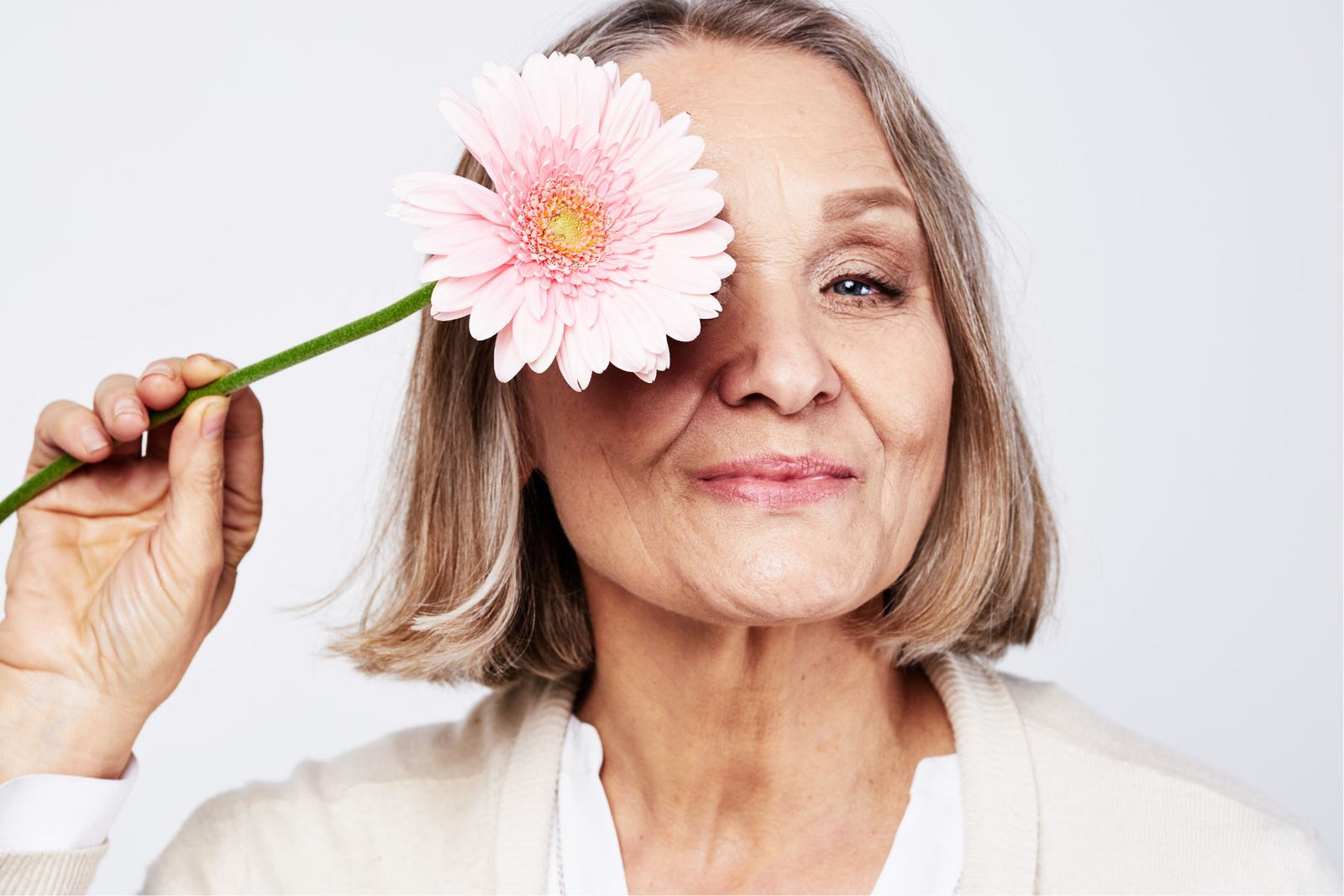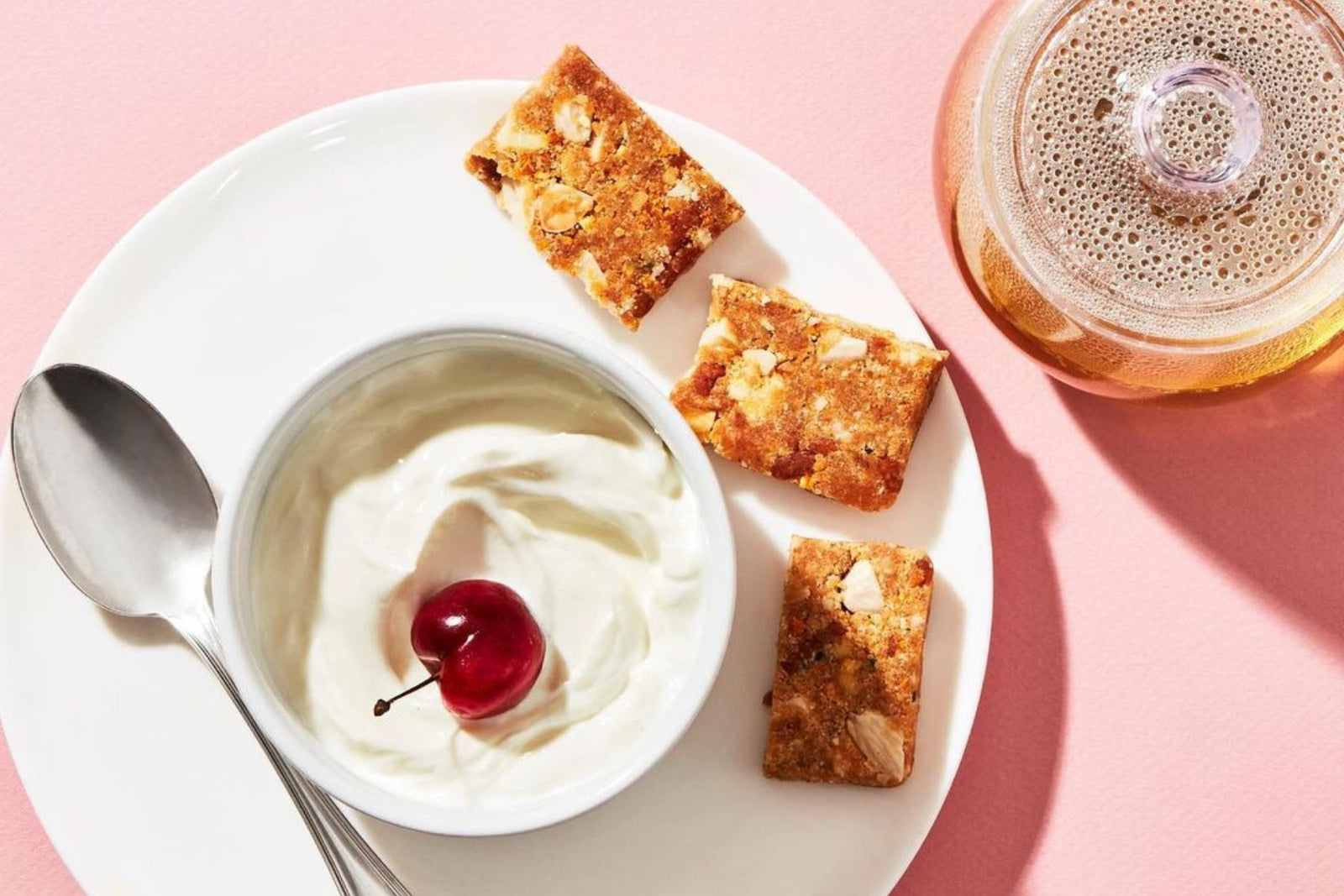Collagen is a fundamental protein in the body, playing a critical role in maintaining skin health. It’s the main component of connective tissues that make up several body parts, including tendons, ligaments, skin, and muscles. In the skin, collagen contributes to its strength, elasticity, and hydration. Healthy collagen levels give the skin its firmness and youthful appearance. However, as we age, our body’s natural production of collagen begins to slow down. This reduction in collagen is one of the primary reasons for the visible signs of aging on the skin, such as wrinkles and sagging.
The Impact of Aging on Collagen Levels
As we age, several biological processes contribute to collagen declines with age. One of the primary factors is the natural slowdown of the body’s collagen production. Additionally, environmental factors like UV exposure from the sun and pollution can accelerate collagen breakdown in the skin. Hormonal changes, particularly during menopause, also play a significant role in diminishing collagen levels. Furthermore, lifestyle factors such as smoking and poor nutrition can worsen the reduction of collagen, leading to more pronounced signs of aging.
The visible effects of aging and collagen loss are quite apparent on the skin. The most noticeable is the development of wrinkles and fine lines. Age spots and uneven skin tone may also appear, as the skin becomes thinner and more susceptible to damage. Moreover, the skin tends to become drier and lose its plump, hydrated appearance because of the reduced ability to retain moisture, a direct consequence of diminished collagen levels.
Skin aging collagen reduction significantly impacts the skin’s elasticity and firmness. Collagen provides the structural scaffold for the skin, maintaining its tightness and suppleness. As collagen levels decrease with age, the skin loses its resilience and ability to bounce back, leading to sagging. The loss of firmness is especially noticeable in areas like the face, neck, and hands, where the skin may appear looser and less defined than in youth.
The overall aesthetic impact of collagen reduction goes beyond just wrinkles and sagging skin. It affects the overall radiance and vitality of the skin. Healthy, collagen-rich skin has a natural glow and smooth texture. With age, as collagen depletes, the skin may appear duller and rougher. This loss of vibrancy can affect one’s overall appearance, making the skin look tired and aged. Understanding these effects is crucial in developing targeted approaches to mitigate the signs of aging.
Strategies to Boost Collagen in Aging Skin
To boost collagen in aging skin, several natural methods can be employed. Firstly, a diet rich in antioxidants, vitamins C and E, and minerals like zinc and copper, can promote collagen production. These nutrients are essential for the synthesis and stabilization of collagen in the skin. Additionally, regular facial massages can stimulate blood flow and collagen production. Natural topical treatments such as aloe vera, ginseng, and hyaluronic acid are also known to enhance collagen levels. These methods rely on easily accessible, non-invasive approaches to naturally increase the body’s collagen production.
In the realm of clinical approaches, various treatments have been developed to restore collagen in the skin. These include laser therapies, which stimulate collagen production by causing controlled damage to the skin, prompting it to repair itself. Micro-needling and radiofrequency treatments are also effective in boosting collagen by stimulating the skin’s natural healing processes. These clinical treatments are often more invasive but can provide significant results in rejuvenating aging skin. On the other hand, maintaining collagen levels as we age involves incorporating certain lifestyle changes:
- Protecting Skin from Sun Damage: Using broad-spectrum sunscreen daily helps prevent collagen breakdown caused by UV radiation.
- Quitting Smoking: Smoking accelerates skin aging by impairing collagen production and damaging existing collagen.
- Regular Exercise: Physical activity boosts circulation, leading to increased nutrient delivery and collagen production in the skin.
- Adequate Hydration: Staying hydrated ensures the skin remains moist, enhancing its ability to produce and maintain collagen.
- Reducing Stress: High stress levels can degrade collagen, so managing stress through activities like yoga, meditation, or regular relaxation is beneficial.
- Quality Sleep: Adequate sleep promotes skin repair and regeneration, including collagen production.
Incorporating these lifestyle changes can significantly contribute to collagen maintenance in aging skin, offering a comprehensive approach to skin health and anti-aging. An effective skincare routine is pivotal for collagen support. This includes using products that contain collagen-boosting ingredients like retinoids, peptides, and antioxidants. Regular exfoliation helps remove dead skin cells, allowing these products to penetrate deeper and work more effectively. Moisturizing is also crucial, as it helps to maintain the skin’s barrier and hydration, supporting the overall health and resilience of the skin. Tailoring your skincare routine to your specific skin type and concerns can maximize the benefits of collagen support and overall skin health.
Understanding Why Collagen Declines with Age
The scientific explanation for collagen declines with age lies in the body’s natural biological processes. As we age, our cells’ ability to produce collagen decreases due to reduced activity in the fibroblasts, the cells responsible for collagen synthesis. Additionally, the collagen that is produced is often of lower quality than in youth. Age-related hormonal changes, particularly a reduction in estrogen during menopause, also contribute to decreased collagen production. This gradual reduction in both the quantity and quality of collagen over time leads to the visible signs of aging skin.
Apart from the natural aging process, external factor pollution plays a significant role. This factor causes oxidative stress and free radical damage, which can break down collagen fibers and inhibit new collagen production. Poor dietary habits and lack of proper nutrition can further impair the body’s ability to produce collagen. Understanding these contributing factors is essential for taking proactive steps to minimize their impact.
Environmental and genetic influences significantly affect collagen levels in the skin. Genetically, some individuals may have a predisposition to produce less collagen or to break it down more rapidly. These genetic factors can determine how quickly one experiences the signs of aging and the effectiveness of collagen-boosting treatments.
Several misconceptions about collagen and aging need clarification. One common belief is that collagen loss is entirely unavoidable and solely a result of getting older. While aging is a significant factor, lifestyle choices, and environmental exposures also play crucial roles. Another misconception is that topical collagen products can replace lost collagen in the skin. While these products can provide temporary improvements, they cannot fully reverse the natural decline of collagen production in the body. Understanding these misconceptions is vital in adopting realistic and effective strategies for managing aging skin.
Natural Collagen Boosters and Their Benefits
Adopting a diet that promotes collagen production is a key strategy in combating the effects of aging. Foods rich in vitamin C, such as citrus fruits, berries, and green leafy vegetables, are essential as vitamin C plays a pivotal role in collagen synthesis. Protein-rich foods like chicken, fish, beans, and legumes provide the amino acids necessary for collagen production. Bone broth is another excellent source of collagen. Including omega-3 fatty acids found in fish and flaxseeds can also aid in maintaining healthy skin by supporting the skin’s lipid barrier, which helps retain moisture and resilience.
Incorporating herbal and nutritional supplements can further enhance collagen production. Ginseng and green tea contain antioxidants that protect the skin from free radicals, thereby aiding in collagen preservation. It’s important to choose high-quality supplements and consult with a healthcare provider to ensure they suit your health needs and goals.
Exploring Anti-Aging Collagen Treatments
Topical collagen applications, such as creams and serums, are widely used in anti-aging skincare. These products often contain collagen peptides that aim to hydrate the skin and reduce the appearance of fine lines and wrinkles. While these topical treatments can provide temporary improvements in skin texture and hydration, they don’t typically penetrate deeply enough to replace lost collagen in the deeper layers of the skin. Nevertheless, they are a popular choice for those seeking a non-invasive approach to enhance skin appearance and can be part of a comprehensive anti-aging skincare regimen.
In the realm of more advanced treatments, both invasive and non-invasive options are available for collagen rejuvenation. Invasive procedures include facelifts and collagen injections, which offer more dramatic and immediate results. Non-invasive treatments like laser therapy, micro-needling, and radiofrequency stimulate the skin’s natural collagen production process, leading to gradual improvements in skin tone and elasticity. These treatments vary in terms of cost, recovery time, and effectiveness.
When evaluating the effectiveness of different collagen therapies, it’s crucial to consider factors like skin type, extent of aging, and specific skin concerns. Some treatments may be more suitable for deep wrinkles and significant loss of elasticity, while others are better for early signs of aging and preventive care. The results can also vary based on the individual’s overall health, lifestyle, and skincare routine. Consulting with a dermatologist or skincare specialist can provide insights into which treatments will offer the most benefit and how they can be effectively integrated into your skincare routine.
The Role of Dietary Collagen in Combating Aging
Incorporating collagen-rich foods into your diet is an effective way to combat the signs of aging. Foods known for their high collagen content include bone broth, which is made by simmering bones to extract collagen and other nutrients. Fish, particularly the skin, is rich in marine collagen, known for its easy absorption. Chicken, rich in connective tissue, also provides a good source of collagen. Additionally, egg whites contain proline, an amino acid essential for collagen production. While these foods contain collagen, it’s important to note that the body breaks down dietary collagen into amino acids, which are then used to produce new collagen.
Collagen supplements have gained popularity as a convenient way to boost collagen intake. These supplements, often available in powder or capsule form, typically contain hydrolyzed collagen, which has been broken down into smaller peptides for better absorption. While supplements can provide a direct source of collagen, it’s essential to combine them with a balanced diet and healthy lifestyle for the best results in combating skin aging.
Looking ahead, the future of collagen research and anti-aging solutions is promising. Continuous advancements in skincare technology and nutritional science are expected to bring forward more effective and personalized ways to enhance collagen in the skin. Future research may uncover new insights into how dietary factors, lifestyle changes, and clinical treatments can synergistically work to slow down the aging process and promote skin health. As our understanding of collagen and its interaction with various bodily processes deepens, we can anticipate more targeted and efficient strategies to rejuvenate aging skin collagen, ensuring healthier, more youthful-looking skin even as we age.




